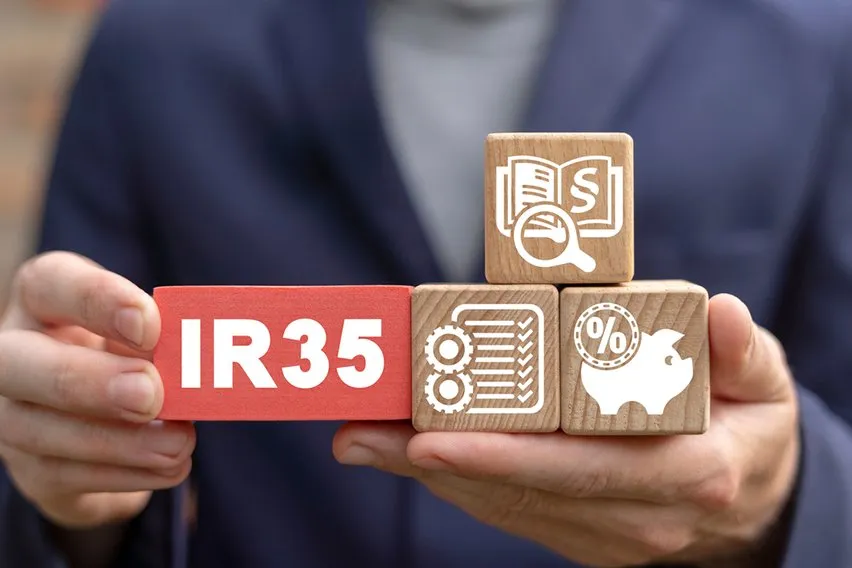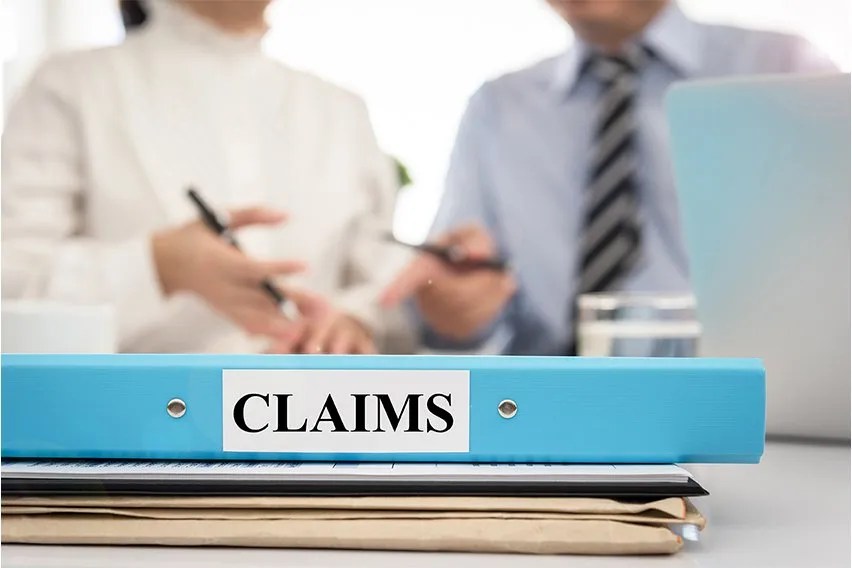How to Register as Self-Employed in the UK? A Step-by-Step Guide

Understanding what it means to be self-employed is an important part of running your business. In some cases, you may be considered self-employed, even if you haven’t registered with HM Revenue and Customs. As such, self-employed people are required to operate slightly differently. Find out what it means to be self-employed and how to register as such in the UK in our step-by-step guide!
Here’s What We’ll Cover:
What Does It Mean to be Self-Employed?
What Does It Mean to be Self-Employed?
If you’re working for yourself, then you’re classed as a sole trader. This means that you’re self-employed according to HM Revenue and Customs (HMRC) authority. If you’re not sure if you’re self-employed, check out some of the scenarios below.
Running a Business
It should be obvious that you’re self-employed if you’re running a business. However, some business owners aren’t aware of that. You’re considered self-employed if you match any of the following descriptions:
- You run your business for yourself and are the reason for its success or failure
- You have several customers (clients) at any given time
- Can decide how or when you work
- You’re able to hire others to work for you
- You sell goods or services to make a profit
In many cases, you can be a business owner and a self-employed worker at one time. Many of the above scenarios also apply if you own a limited company, but that doesn’t necessarily mean that you’re a self-employed individual.

Selling Goods and Services
You may be classified as a trader if you sell goods and services regularly. If you’re trading, you’re considered self-employed. Trading is classified as the following:
- Selling goods on a frequent basis to make a profit
- Creation of items to make a profit
- Selling goods or items through an online service
- Earning commission by selling goods
Determining if You’re Self-Employed
In most cases, if you fit into one of the scenarios above, you’re considered self-employed. However, if you’re not sure that you fit into these categories or scenarios, the HMRC can be contacted by phone or online to confirm. They can also help you determine if you should be registered as a limited company.
Registering as Self-Employed
If you need to register as self-employed, follow the steps below! Registration is easier than you may think.
Step 1: Use the Employment Status Indicator
The HMRC has an Employment Status Indicator that makes it easy to determine if you should be classed as self-employed. This helps to determine how you should be taxed, of course. Self-employment tax and income tax are handled differently for self-employed individuals.
Step 2: Register Online
Thanks to the internet, registering as self-employed is easier than ever! The HMRC provides an online registration process, but to get started with it, you need an account. You can register for an account on gov.uk simply by having an email address. Other information will be collected as well, such as your physical address.
Step 3: Await Further Details by Post
Once you’ve registered online, you’ll receive a packet of information from the HMRC in the post. This information is linked to the process, which you’ll continue online. The process is stalled until this information is received.
Step 4: Complete Registration
After you’ve received your info in the post, you’ll be directed to the Government Gateway to complete your registration. You’ll have a 10-digit Unique Taxpayer Reference, as well as an online account full of information and references. At this point, you’ll also be deciding on a name for your business. Make sure it’s a good one! A unique name can make a world of difference.

What Comes Next
Once you’ve registered as self-employed, you’ll have a host of responsibilities to attend to. You’ll need to begin keeping accurate records and documentation about your business. You’ll also need to file a Self-Assessment tax return annually online.
Furthermore, you’ll have to register for a self-employed insurance policy. These policies can vary, depending on your business and your needs. If you’re self-employed and you employ others, you may need employee liability insurance, as well.
Key Takeaways
If you suspect that you may be self-employed, you must look into registration. Registering as self-employed with the HMRC is an easy process, and most of it is online. You’ll just need an email address to get started.
If you need other articles about self-employment, be sure to check out our resource hub! We can help answer any questions you may have.
RELATED ARTICLES

 What Is IR35? A Guide to Its Rule & Changes
What Is IR35? A Guide to Its Rule & Changes What Is the Emergency Tax Code? A Tax Code Guide
What Is the Emergency Tax Code? A Tax Code Guide 3 Best IR35 Calculator to Calculate IR35 Cost
3 Best IR35 Calculator to Calculate IR35 Cost Can Employers Claim Back Statutory Sick Pay From HMRC?
Can Employers Claim Back Statutory Sick Pay From HMRC? How Do I Claim My Mileage Back From HMRC?
How Do I Claim My Mileage Back From HMRC? Tax Refund: How to Claim Tax Back? (PAYE & Self-Assessment)
Tax Refund: How to Claim Tax Back? (PAYE & Self-Assessment)